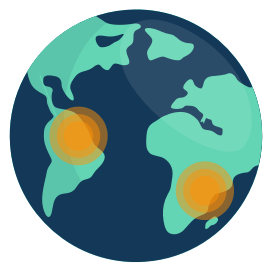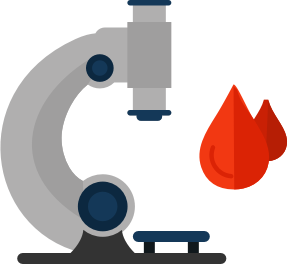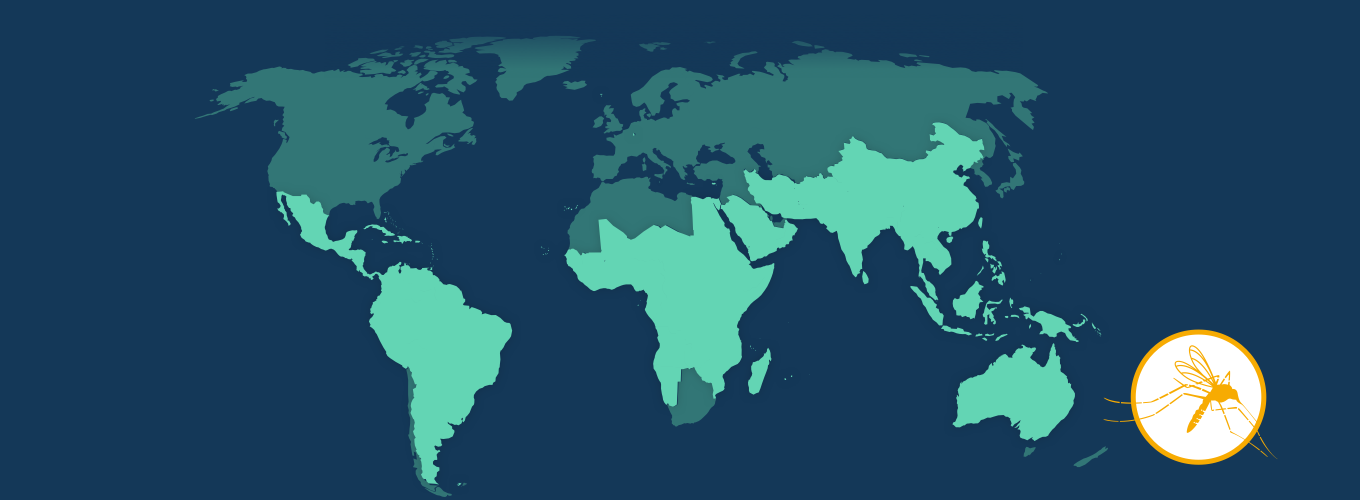Dengue can affect millions of people around the world every year and cases are increasing dramatically.1
Population growth, urbanization, increased travel, climate change, and failing control measures can all cause the dengue virus to spread.2

Before 1970 only nine countries had experienced a dengue epidemic. Now dengue is found in more than 100 countries worldwide.1
Dengue is constantly shifting and changing.

Scientists can track dengue by testing people’s blood for antibodies.
These special proteins can show whether a person has had dengue and if they may be at risk of severe dengue.3
By developing technologies that can test for dengue in more remote areas, scientists can build a more accurate picture of where dengue is spreading and which version of the virus may be causing it.4
Even internet searches can help! Scientists have found a link between a spike in dengue-related internet searches and actual cases. This is helping to track dengue in less-developed countries.5
In Singapore, the National Environmental Agency uses a website and a mobile app to report areas of aedes mosquito population and dengue clusters.6, 7
And scientists in the US are using a combination of medical data, internet search data, social media mentions, and recorded test results to build a huge model of the disease to predict future cases.8



